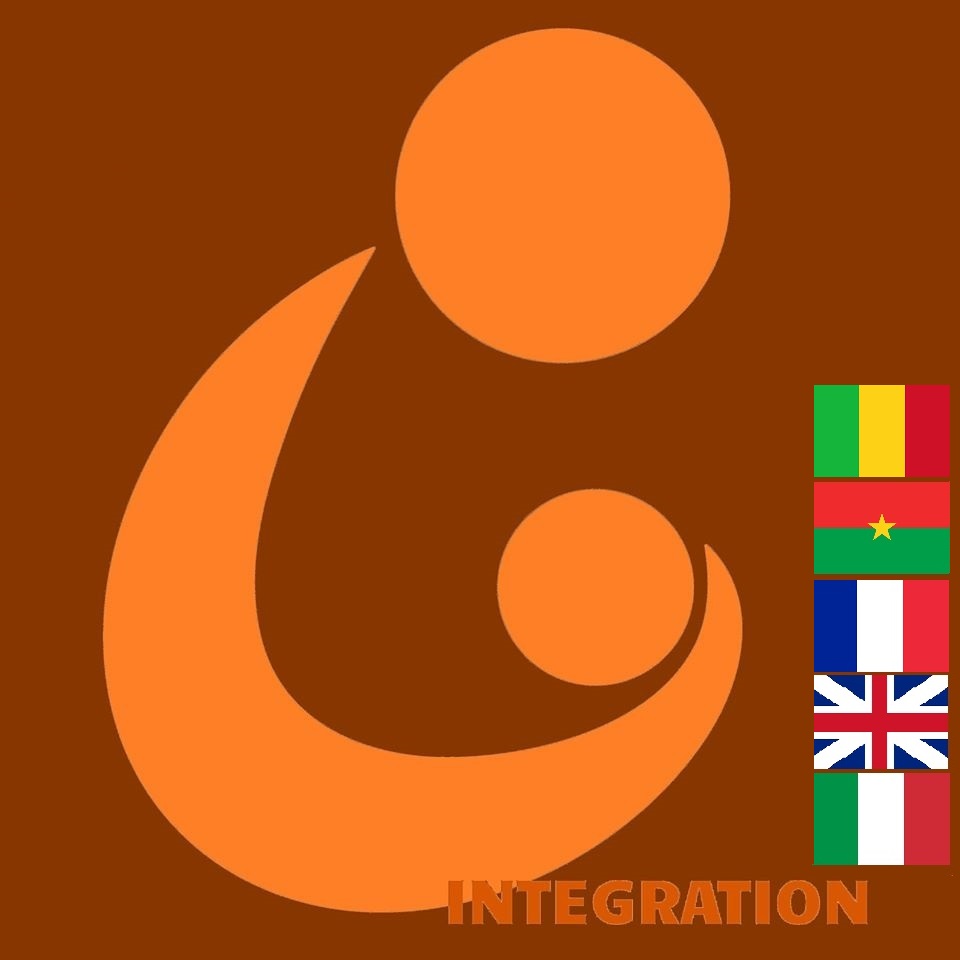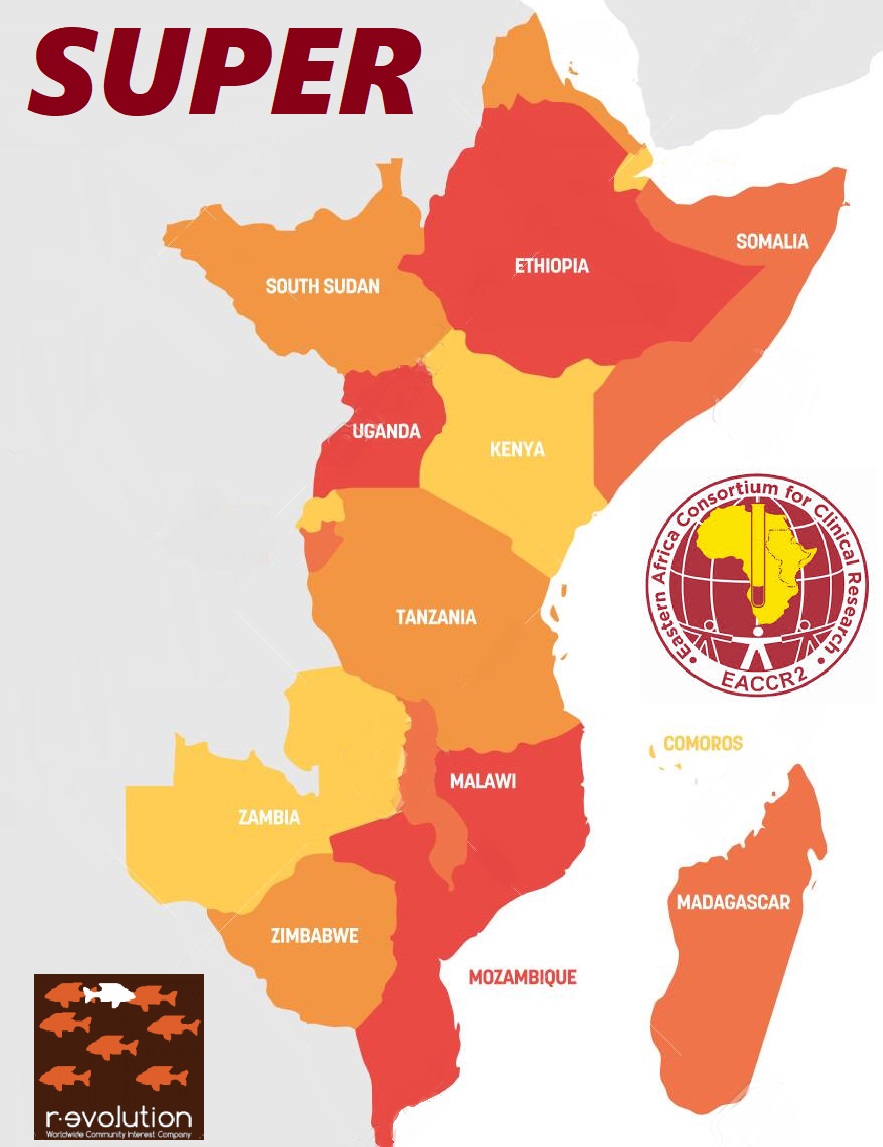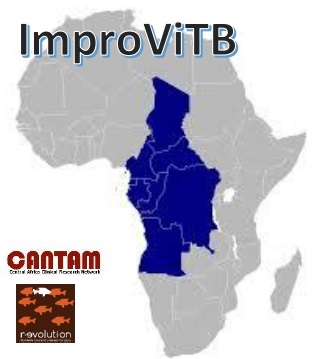Indirect effects of the COVID-19 pandemic on malaria in Africa

In Africa, pregnant women and young children are the most vulnerable to malaria. However, malaria control interventions and strategies have achivied important results in the last years. COVID-19 has now








